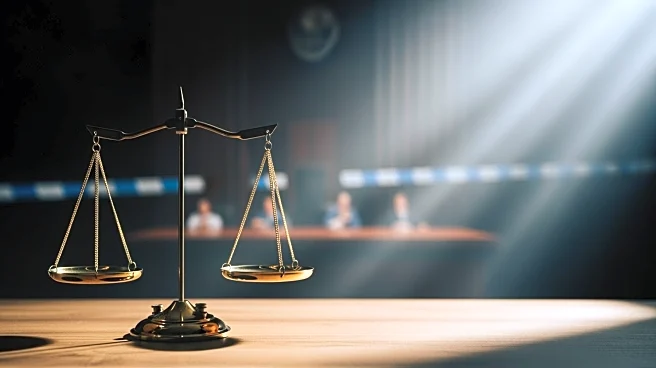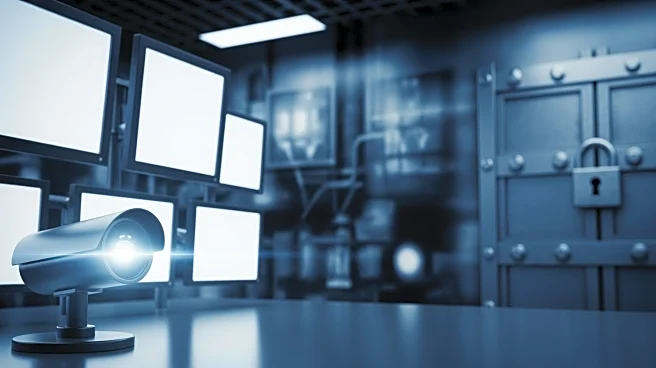What's Happening?
The Supreme Court is currently hearing Callais v. Louisiana, a case that could significantly impact the Voting Rights Act of 1965. The case challenges the constitutionality of Section 2 of the Act, which
protects against racialized vote suppression. The court's decision could either uphold or severely restrict the scope of this section, potentially reshaping the future of voting rights in the United States. The case has drawn significant attention, with civil rights organizations, including the NAACP Legal Defense Fund, arguing in defense of the Act. The outcome could have widespread implications for multiracial democracy and the protection of voting rights.
Why It's Important?
The Supreme Court's decision in this case could have far-reaching consequences for voting rights and racial equality in the United States. A ruling that restricts Section 2 could undermine decades of progress in combating racial discrimination in voting and weaken protections for minority voters. The case also raises questions about the court's approach to precedent and its role in shaping the future of civil rights legislation. The outcome could influence future legal battles over voting rights and set a precedent for how the judiciary interprets and enforces civil rights laws.
What's Next?
As the court deliberates, civil rights advocates and legal experts are closely monitoring the proceedings. The decision, expected in the coming months, will likely prompt reactions from political leaders, civil society groups, and the public. Depending on the outcome, there may be calls for legislative action to strengthen voting rights protections or address potential gaps left by the court's ruling.









